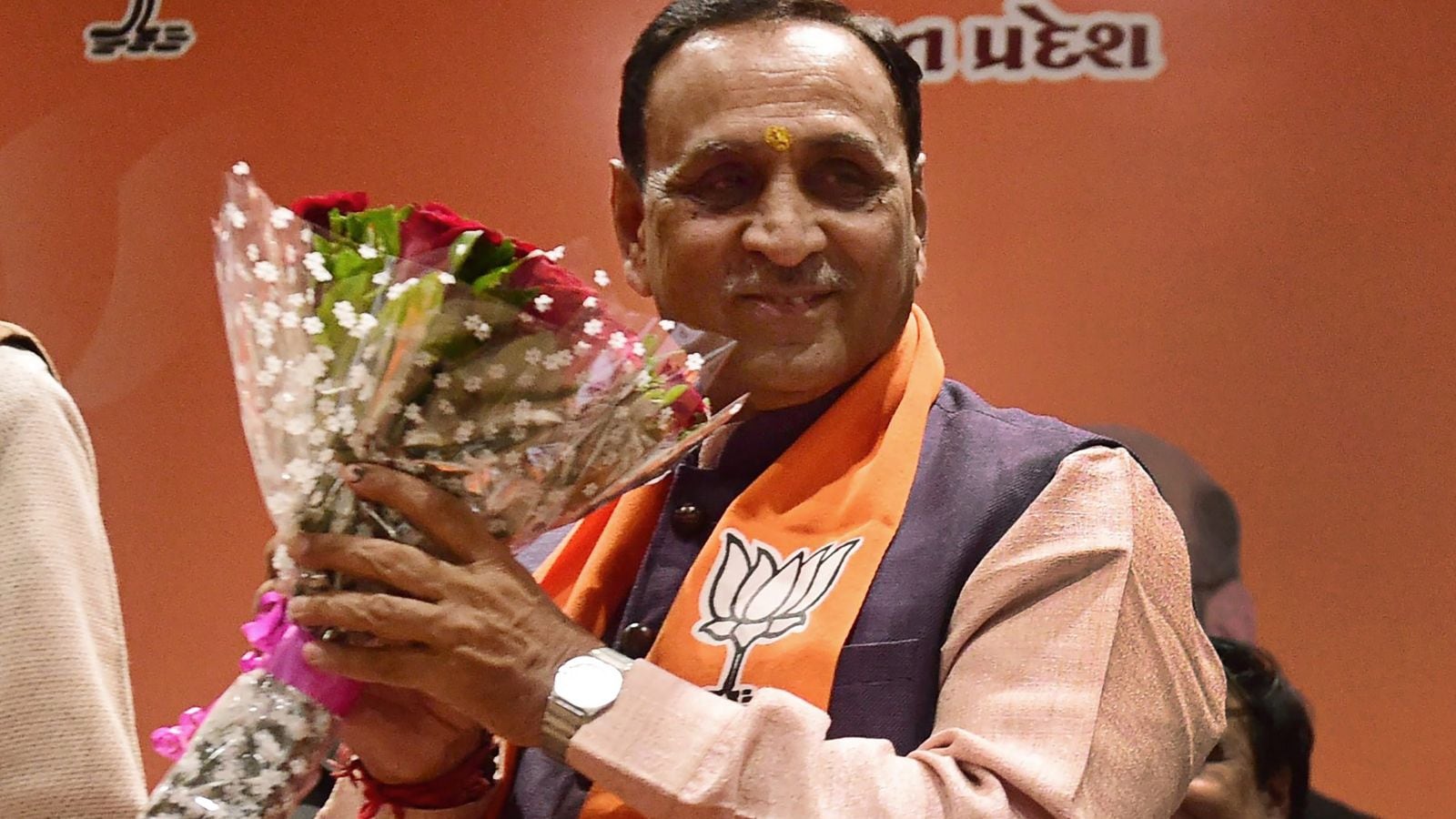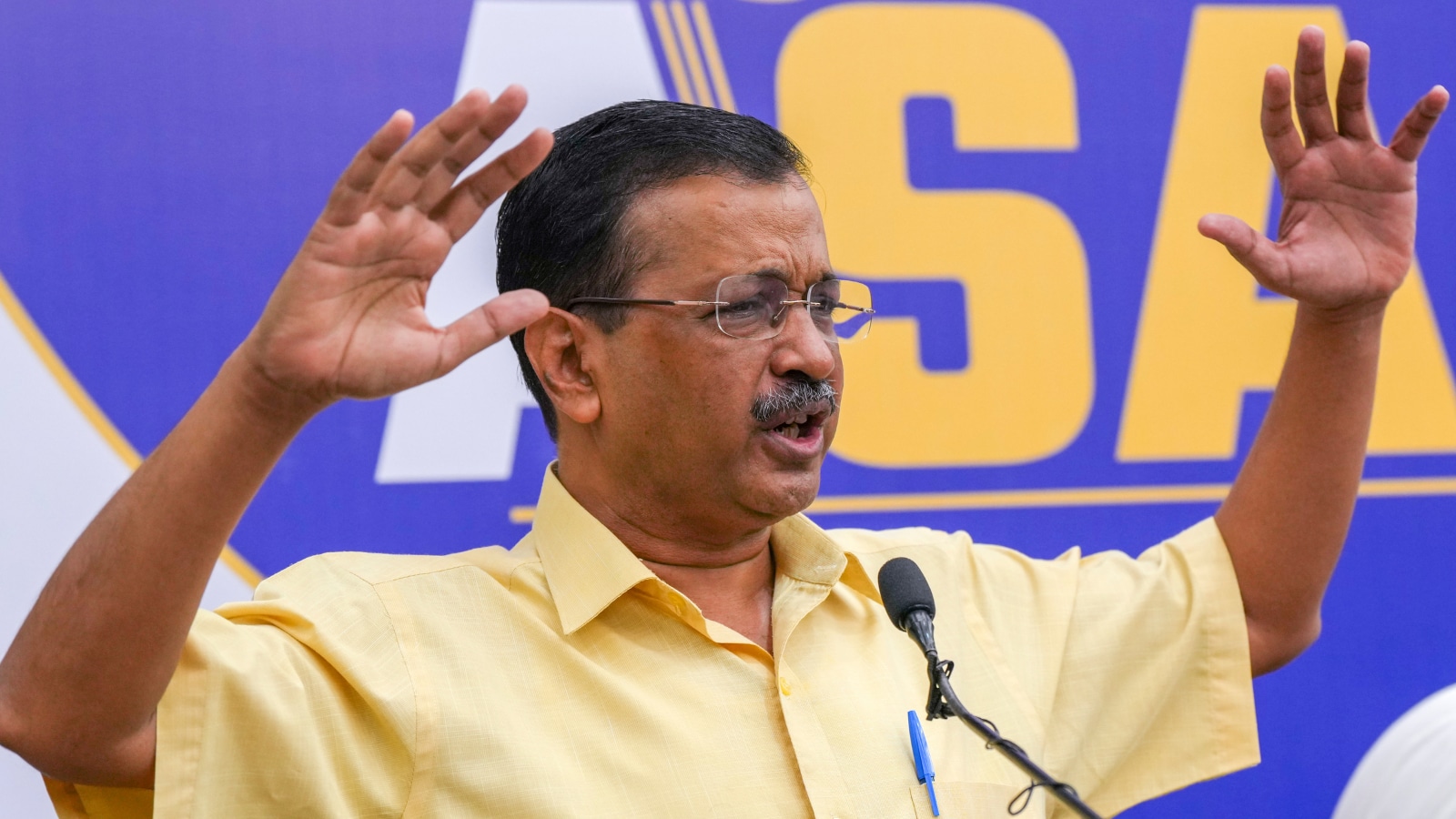ARTICLE AD BOX
Last Updated:June 13, 2025, 11:03 IST
A man of few words, always calm, respectful, and grounded—Vijay Rupani’s legacy is one of grace, service, and simplicity

Vijay Rupani bowed out of electoral politics before the 2022 Gujarat assembly elections. (PTI)
He began his political journey with the ABVP, moving on to become an RSS Pracharak, a Jan Sangh member, and later, one of the founding members of the Bharatiya Janata Party (BJP). He was even imprisoned during the Emergency in 1976. This was the trajectory of Vijay Rupani—a journey familiar to many of us who followed Gujarat politics closely.
I first encountered Rupani in late 2014 when I was newly assigned to cover Parliament. As a fellow Gujarati, I was thrilled to meet someone from my home state—more so because he hailed from Rajkot, not far from my family’s roots in Morbi, both towns nestled in the Saurashtra region. Rupani was cautious in his public speech, much like many seasoned Gujarat politicians, who often avoided media soundbites. Yet every time he saw me among a group of journalists, he greeted me with his signature warmth: “Kem cho, Ben?"
A couple of years later, Gujarat politics was in turmoil again—this time over who would succeed then chief minister Anandiben Patel. Rupani confided in a few of us in Parliament that he was being called back to Gujarat. The very next day, I found myself at the BJP office in Gandhinagar. True to BJP tradition, I joked with Rupani: “I’m not even mentioning your name as a contender because the moment we do that in your party, it’s guaranteed not to happen!"
At that point, all buzz pointed to Nitin Patel as the successor. Like most journalists, I went to his residence, interviewed him, and then returned to the BJP headquarters to file the story. My office insisted I return to Delhi, assuming the central observers’ meeting was just a formality. But destiny had other plans. By the time I reached the airport, news broke that Union minister Nitin Gadkari had declared Rupani as the next chief minister of Gujarat.
Connecting with him again in 2017 during the assembly elections was not easy. Our interactions became somewhat heated, but even in disagreement, Rupani never lost his calm. Whether in Delhi or Gujarat, he always greeted me with genuine warmth.
In 2021, I was again rushed to Gujarat amid speculation of a leadership change. When it became clear that Rupani was stepping down, he did so with grace, making way for Bhupendra Patel. That transition too had its quirks—Patel himself only found out about his appointment when someone sitting beside him at the meeting informed him.
Rupani later bowed out of electoral politics before the 2022 Gujarat assembly elections. He was the first senior leader to do so, paving the way for others, including his former deputy CM Nitin Patel. Yet, Rupani remained active, campaigning wholeheartedly for the party and later being appointed as Punjab in-charge—an organisational challenge given the BJP’s limited presence there. Even in that new terrain, he handled his role with quiet efficiency and understanding.
My family currently resides in Kolkata and belongs to the Jain community. His passing has sent shockwaves through Jain circles across Gujarat and Bengal. When I spoke to my mother last afternoon, she mourned his loss deeply and recalled how he had humbly attended our family guru’s event, making a significant contribution to jeev daya—the Jain principle of compassion towards all living beings. She also shared a tribute from Jain Guru Namra Muni Ji:
“A beloved son of the Jain community, a true gem and lover of all living beings—Vijaybhai Rupani’s service will always be remembered."
I also spoke with former Gujarat minister Saurabh Patel, who expressed his sorrow: “Words fail me. Rupani-ji’s greatest strength was his accessibility—he always listened. I remember how he led with resolve during the Covid-19 crisis, especially when oxygen shortages became critical. He took charge and helped the state navigate through one of its most challenging phases. His passing is an irreparable loss for Gujarat and Rajkot in particular."
Senior journalist Sheela Bhatt, who has witnessed the rise of many Gujarat leaders, reflected: “He was an affable Saurashtrian, deeply rooted in the RSS ideology. Though a Jain Baniya by birth, caste never defined him. His unwavering commitment to the RSS brought him close to Prime Minister Narendra Modi and Amit Shah. During the BJP’s internal crisis under Shankersinh Vaghela’s revolt, Rupani emerged as a silent saviour—working beyond Rajkot to secure Saurashtra for Keshubhai Patel’s faction. He later rose to become BJP state president and was widely seen as close to the party’s top brass."
Tragedy struck the Rupani family early in life when their youngest son, Pujit, died in an accident. Deeply affected, the family established a trust in his name to support the education of underprivileged children in Rajkot’s slum areas. The trust has since empowered countless bright students—carrying forward the legacy of a young life lost too soon.
His wife, Anjali Rupani, was not only a pillar of strength but also a strong influence in his political journey.
“Rupani will be sorely missed in Rajkot," Bhatt adds. “As CM, he drove development with real vision—roads, grain markets, digital initiatives, data systems… He was a textbook example of a grassroots karyakarta rising to the top in regional politics."
Meanwhile, in London, a daughter awaiting the 10-hour flight of her father to be with them at home—a flight that will never reach—is an unthinkable loss for the family.
As Gujarat mourns, the loss feels profoundly personal. A man of few words, always calm, respectful, and grounded—Vijay Rupani’s legacy is one of grace, service, and simplicity.
- Location :
- First Published:
News india From ABVP To Gujarat’s Go-To Man: Remembering Vijay Rupani, BJP’s Quiet Crisis Manager



.png)
.png)
.png)
















 1 day ago
6
1 day ago
6









 English (US) ·
English (US) ·